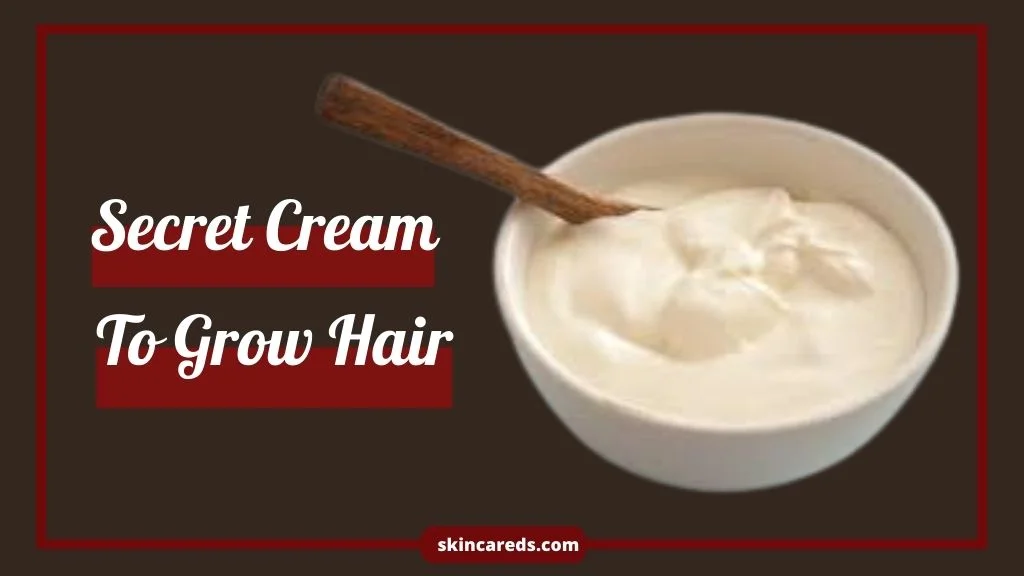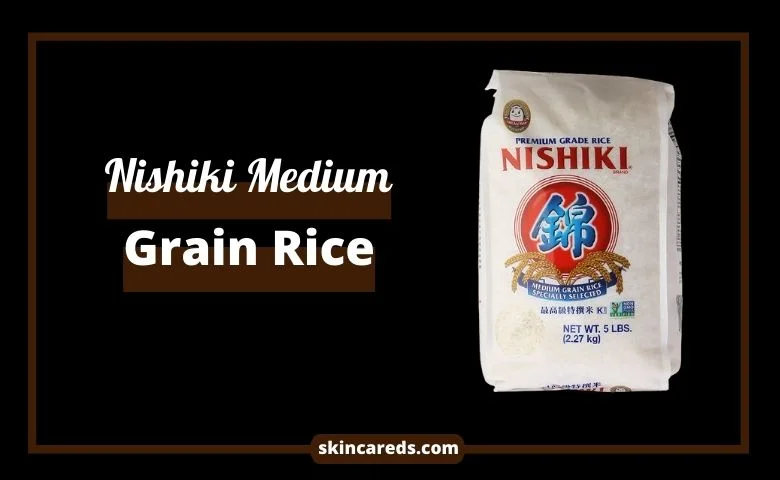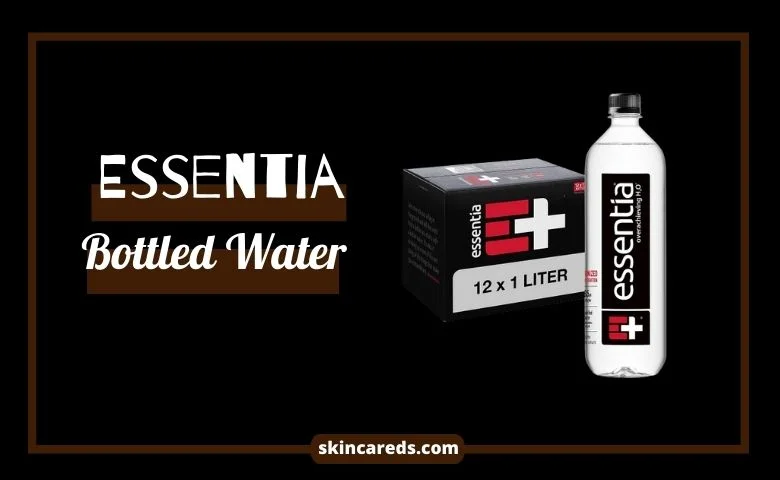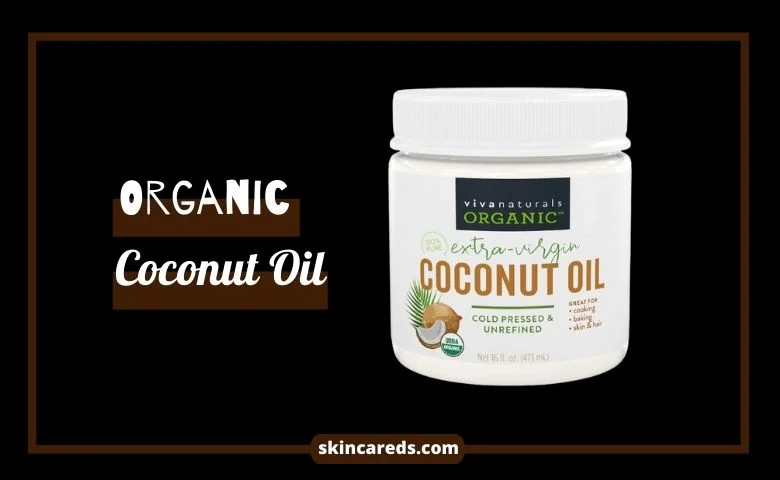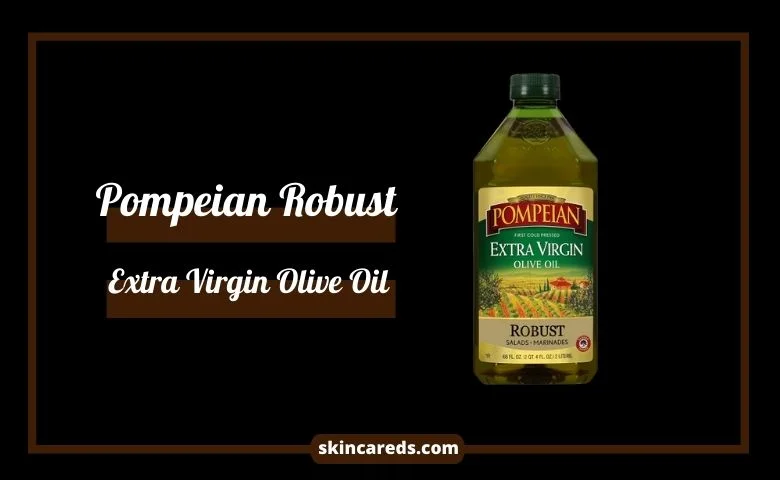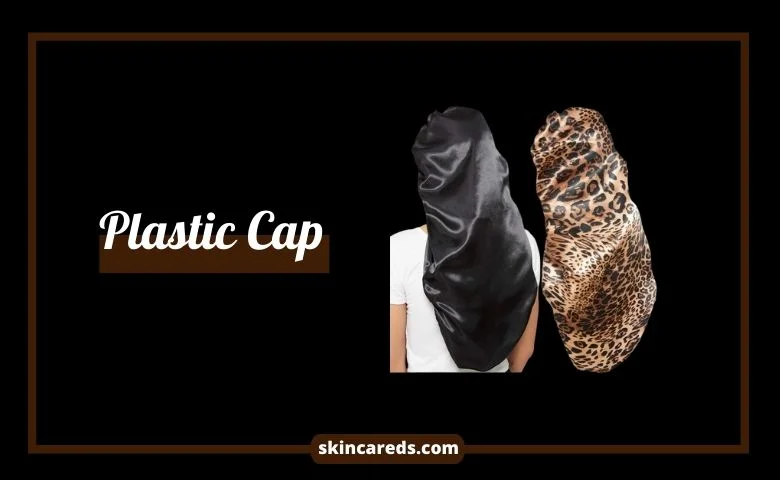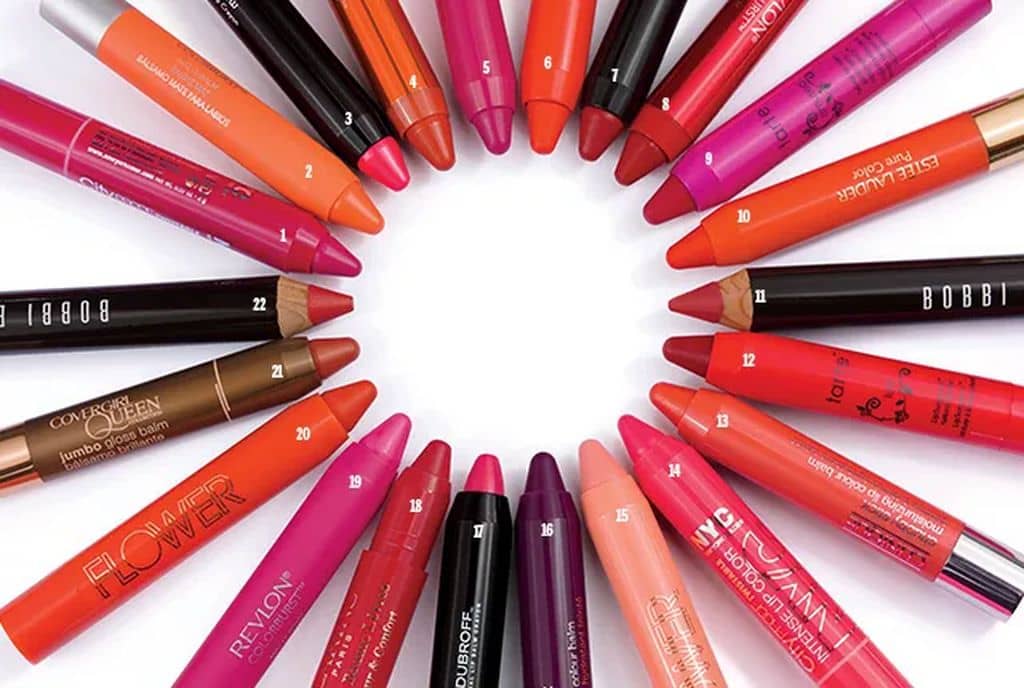How to Make Hair Growth Serum at Home:
No good results can’t be got without good care. Every one of us has a strong desire to take care of our hair, especially for girls and women. So, today I will share a few tips that will make your hair look much longer and silkier. Almost everyone loves thick black hair on their head and it is an important weapon to increase smartness.
Note: All products we mentioned in this article are available on many online shopping stores like Amazon, Aliexpress, Daraz, etc.
Hair Serum Ingredients (How to Make Hair Growth Serum at Home)
| SL | Element | Measurement | Check Price on Amazon |
| 01 | White rice | 4 tsp | Check on Amazon |
| 02 | Water | 2 glass | Check on Amazon |
| 03 | Blender Machine | Check on Amazon | |
| 04 | Hand Blender | Check on Amazon | |
| 05 | Corn Starch | 1 tsp | Check on Amazon |
| 06 | Coconut Oil | 1 tsp | Check on Amazon |
| 07 | Olive Oil | 1 tsp | Check on Amazon |
| 08 | Plastic Shower Cap | 1 tsp | Check on Amazon |
If you have difficulty reading and understanding the entire post, you can watch this video:
Step: 1
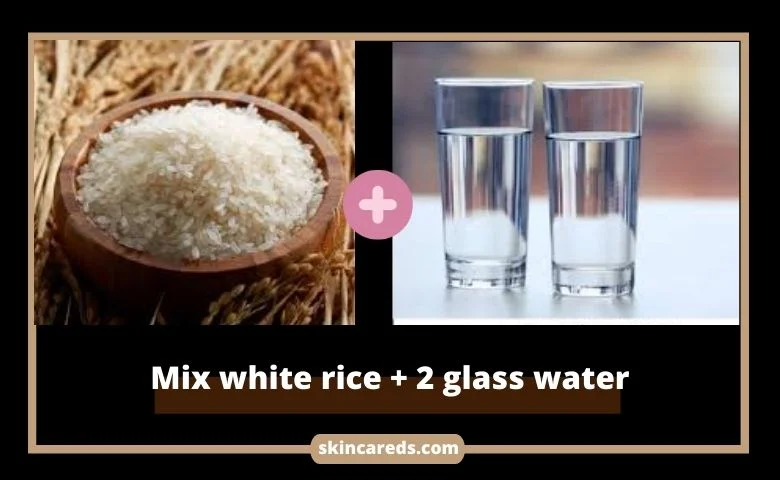
Take the below ingredients in a pan and mix them.
(4 tsp white rice + 2 glasses of water)
⬇️
Then take the mixture to the oven. In a word, cook the rice the way it is cooked so that some amount of starch remains.
Step: 2
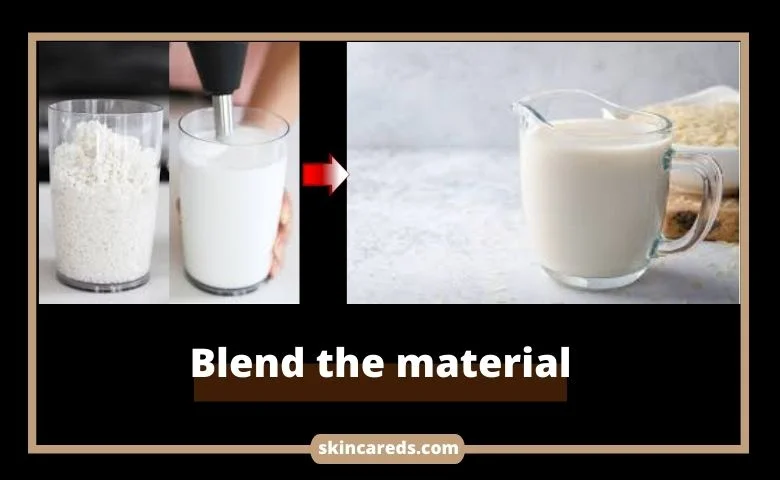
Then cool the ingredients to make them blend with a hand blender.
⬇️
Now blend the ingredients.
⬇️
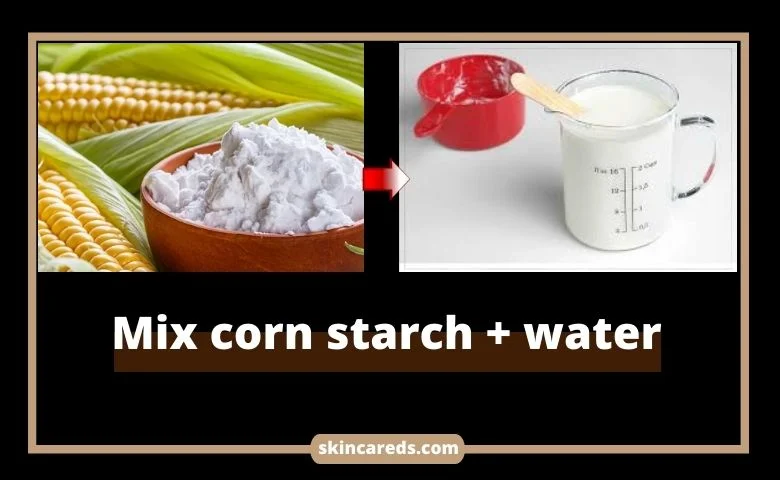
Now in a separate bowl take (1 tsp corn starch + 1 cup water).
Make a mix together and pour in the ingredients of the previous original rice.
Step: 3
Now, mesh/heat the original ingredients in the oven again. Continue to simmer over a low flame until a sticky creamy texture appears.
Step: 4
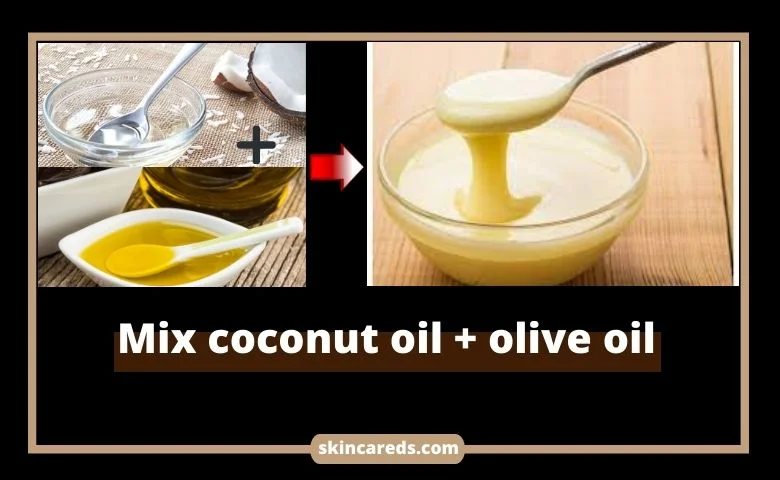
Mix them perfectly.
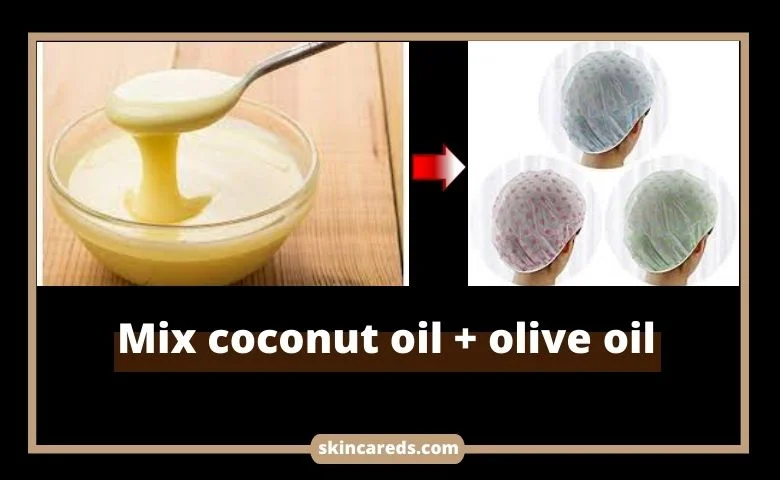
Today’s secret serum/cream has been made successfully.
Thanks for reading and if you guys enjoy the full informative article stay with us for more updates.
Buying guide for the best natural Hair Growth Serum at Home for Black Natural Hair
What are the things you should consider when buying all ingredients for making handmade serum or mixture?
Moisture Oils for Hair
Oils that are thinner and can absorb into dry strands are typically the ones that will give hair the most moisturizing advantages. To accomplish this, the oil’s molecules must be small enough to permeate the hair. So, which oils are the most effective in penetrating hair? Actually, there aren’t that many oils with this structure.
1. Coconut Oil for Hair
You’ll want to obtain unrefined extra virgin coconut oil because it’s the least processed and best for rehydrating dry hair. It’s one of the few oils that can penetrate and seal at the same time. While it can penetrate the skin, the amount that actually penetrates is debatable, thus it’s best used in conjunction with a water-based leave-in conditioner like the Sacred Tiare Leave-In Conditioner. As a carrier for enhanced absorption, the waterworks are used.
DIY hair growth serum with coconut oil is also beneficial for thin & DIY hair that absorbs products but does not retain moisture properly. Coconut oil’s natural proteins aid to strengthen the gaps, allowing moisture to be trapped and damage to be avoided.
2. Olive Oil for Hair
Is olive oil beneficial to hair? Yes! Olive oil, like coconut oil, can soak into strands, but it requires some assistance. Apply it after you’ve washed your hair and while it’s still wet. The water will aid in the oil’s penetration into the hair. It softens hair once absorbed, making it simpler to detangle, and it adds a lot of shine to the surface.
3. Avocado Oil for Hair
Many shampoos, conditioners, and styling products, such as Hair Milk Curl Defining Butter, already contain this ingredient. This penetrating oil is nutrient-dense on its own. It’s high in essential vitamins and nutrients that can aid in essential oil hair growth recipes, making it one of the best DIY hair growth oils & DIY hair growth spray available. You can also try it for DIY hair growth serum for 4c hair. Hopefully, it will work very well. Avocado oil’s oleic and other fatty acids aid to strengthen the hair shaft and preventing breakage. Hair becomes thicker, stronger, and, in some cases, longer as a result of less breakage. Use it as an or before or a deep treatment once a week.
4. Jamaican Black Castor Oil for Hair
Jamaican Black Castor Oil is perhaps the most popular hair growth serum DIY castor oil for hair development, in addition to being a fantastic moisture sealer. When applied directly to the scalp, it is supposed to help suck out pollutants and stimulate blood flow, allowing other important nutrients to reach the hair follicle more quickly. This is how a growth spurt actually happens.
While there is no specific formula for determining how long it takes to observe progress, consistency is crucial. Maintain a three-month regimen of oiling with castor hair oil at least twice a week. This is especially beneficial for denser textures like 4C hair, which generally require a stronger oil to keep moisture locked in. This is when the honey-like consistency comes in handy. If you want to promote hair development, massage the oil into your hair three to four times a week, focusing on the roots and scalp.
5. Grapeseed Oil for Hair
Because grapeseed oil is so light, it is ideal for DIY hair serum with essential oils that are thin or fine. It will lay on top of the strands, keeping moisture in but not weighing them down. Because our bodies don’t generate the linoleic acid found in grapeseed oil, applying it topically can help manage water loss in hair and prevent hair loss. It also has strong heat resistance, so you may use it as a heat protectant on moist hair if you diffuse or blow out your curls.
6. Jojoba Oil for Hair
Jojoba oil is another recommended oil for smoother or thinner hair. It’s a moisturizer, but it’s not too thick, and it can also be used as a scalp treatment if you have dryness or cracking. You want something to reduce any inflammation or dryness on your scalp without making your roots look dirty. Jojoba fulfills both of these requirements. It can also be used as a soft hair treatment. Massage the jojoba oil-based Healthy Hair Care on your curls to remove frizz and add shine.
(FAQ) Frequently Asked Questions
Ques1:- Is Homemade Serum good?
Applying a face serum might help you avoid any skin problems. Face serums are made with ingredients that are good for your skin. These ingredients are highly nutritious that keep your skin looking young and fit. For our skin, it is preferable to keep natural or handmade items.
Ques 2:- What is the best homemade face & hair serum with aloe vera?
To make the face serum, mix aloe vera gel, rose water, and Vitamin E capsules in a bowl. If you have an aloe vera plant at home, use a spoon to scrape out some gel. If you don’t have any aloe vera gel you have at home would suffice.
DIY Face Serum:-
2 tbsp aloe vera gel.
2 tbsp rose water.
2 capsules Vitamin E.
Besides, you also can try aloe vera serum for hair it works very well and more to the point, DIY aloe vera hair growth serum for DIY & black hair, and it also works very well. Many of you know that homemade hair serum for dry or split ends or curly hair growth works much better than marketed products. But keep in mind, use every homemade hair serum after washing your head.
Ques 3:- Is it necessary to apply moisturizer after serum?
To mix your serum and moisturizer properly, apply the serum first to your face and neck. After that, wait for 30 to 60 seconds before applying your moisturizer. The reason for the delay is that you want the serum to absorb before applying the moisturizer.
Ques 4:- Can I use vitamin C serum every day?
Vitamin C serum should be used on a regular schedule for the best benefits. It’s important to remember that Vitamin C serum (and any serums, for that matter!) works best when your skin has been cleaned properly.
Ques 5:- Is there anything you can’t mix with vitamin C serum?
Glycolic, salicylic, and lactic acids are examples of AHAs and BHAs that should never be used with Vitamin C. Adding these substances together will throw off the pH balance and may as well be useless because vitamin C is an acid and is unstable.
Ques 6:- Can I use lemon juice rather than serum vitamin C?
“Vitamin C is a mighty antioxidant that helps to remove the pigment, but it can also damage the skin,” the author says. On your skin, you don’t use direct lemon juice. Instead, use “a vitamin C serum with a known vitamin C content.” It will produce results that are safer and more consistent.”
Ques 7:- Is vitamin C serum harmful for night use?
While you’re sleeping, your body turns through its natural repair process, and vitamin C has the most effects on your skin. It will also absorb the most effectively into your skin after you’ve washed and broken skin, so it’s best to use it at night.
Ques 8:- Do I use serum vitamin C before or after humidifying?
In serums, but before moisturizing your vitamin C product should be applied to the newly cleansed skin.
Ques 9:- Does brightening serum work?
A glowing serum brightens the skin as it recommends. It improves, lightens the skin, reduces visual defects (including dark spots), and moisturizes.
Ques 10:- Which serum is best for brightening?
Read below the top glowing serums that improve your skin and reveal a lit-up radiance.
Oil-Serum Antioxidant Versed Sunday morning.
SkinCeuticals C E Ferulic Serum.
CeraVe Skin Renewing Vitamin C Serum.
Glytone Age-Defying Vitamin C&E Serum.
Obagi Professional-C Serum 15%
Ques11:- Can serum whiten skin?
“The goal of luminous serums is not to lighten the overall tone of the skin, but to establish a uniform tone by eliminating hyperactive patches,” explains Dan Belkin, m.d., a licensed dermatologist at the New York Laser & Skin Surgery Center.
Related Post
- Related: Best Concealers For How to Apply Makeup Step by Step Like a Professional
- Related: Top 7 Best Eyebrow Pomades for Beginners Blonde Makeup
- Related: What Are the Best 7 Different Types of Lipstick
- Related: What Are the Top 17 Best Mac Makeup Brushes
- Related: Best Concealers For Dark Spots
